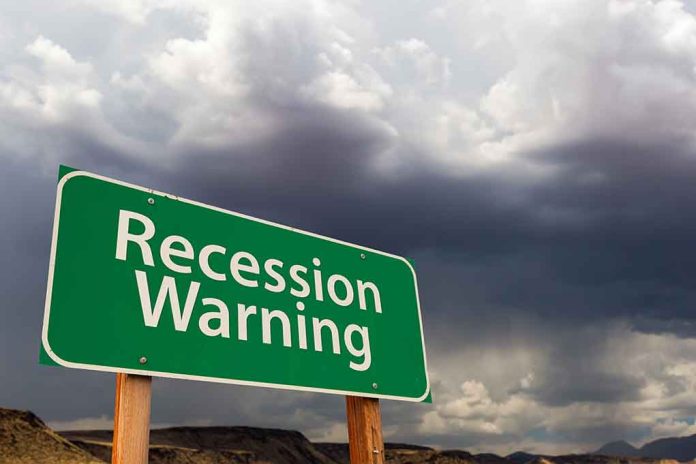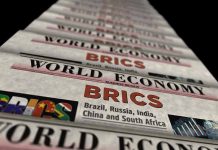
At a Glance
- BCA Research warns of a U.S. recession in 2024 or 2025
- Save three to six months’ worth of living expenses in a high-yield savings account
- Prioritize paying down high-interest debt and avoid new debt
- Diversify investments across asset classes
- Adjust your budget to stay financially stable
Preparing for Economic Uncertainty
Financial analysts from BCA Research predict that the U.S. may face a recession in 2024 or 2025. The Federal Reserve’s recent interest rate hikes, reaching a target range of 4.75-5 percent—the highest since the 1980s—have raised concerns. Maintaining financial stability during such uncertain times requires foresight and strategy.
One critical step is saving adequately for emergencies. Experts recommend accumulating three to six months’ worth of living expenses in a high-yield savings account. This buffer can provide security and peace of mind.
Managing Debt and Investments
Another essential measure is prioritizing the repayment of high-interest debts and avoiding new debt. Debt can quickly become unmanageable, especially if economic conditions deteriorate. Focusing on debt reduction now can alleviate stress later.
Diversifying investments is also prudent. Allocating funds across diverse asset classes like stocks, bonds, real estate, and commodities can mitigate risk. Jerome Powell, Federal Reserve Chair, highlighted the importance of remaining adaptable with investment strategies, stating, “The direction of travel is clear, and the timing and pace of rate cuts will depend on incoming data, the evolving outlook and the balance of risks.”
Financial experts reveal how Americans can prepare for the possibility of a recession https://t.co/fxRKMFvcfV
— FOX Business (@FoxBusiness) August 27, 2024
Budget Adjustments and Income Diversification
Adjusting your budget is crucial for staying on track with financial goals. Even during rising costs, ensuring you have room for savings is vital. David Peters suggests, “Where is your money going? Are there places where you need to tighten your belt? You should take a look at your budget and figure out how to still make room in it for savings—even in the midst of rising costs.”
Exploring additional income sources, such as freelance work or side jobs, can bolster financial resilience. Diverse income streams can provide a safety net if primary employment is compromised.
Average Americans are using one financial strategy to cover costs https://t.co/n7uSIB6Th8
— TheStreet (@TheStreet) September 2, 2024
Ongoing Financial Education and Professional Guidance
Continuous learning about personal finance and investment strategies remains essential. Staying informed helps individuals make sound decisions in volatile economic conditions. Investing in additional training, certifications, or education can also increase employability, providing more opportunities if job security becomes a concern.
Seeking professional guidance from a certified financial advisor can provide a personalized financial plan tailored to individual needs and goals. Preparation and adaptability are key, as evidenced by the Federal Reserve’s prediction of potential interest rate cuts, indicating the evolving nature of financial landscapes.
Sources
15 Ways To Strengthen Your Finances Ahead Of A Possible U.S. Recession
Financial experts reveal how Americans can prepare for the possibility of a recession
Worried about a potential recession? Here’s 9 steps to prepare your finances now
Preparing Your Company for the Next Recession
Recession 2024: What to Watch and How to Prepare
5 Ways to Prepare for a Recession













